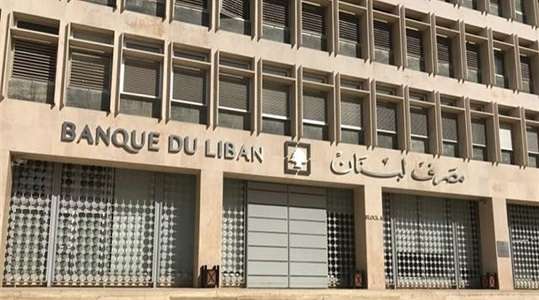"Reuters" revealed that the Central Bank of Lebanon intended to stop subsidizing fuel, wheat and medicine after three months, in light of the dwindling foreign currency reserves.
While the Minister of Economy and Trade in the caretaker government, Raoul Nehme, referred inquiries about the matter to the Central Bank, the Banque du Liban informed the caretaker government that it would stop support at that time to prevent reserves from falling below $ 17.5 billion.
The reserves were estimated at 18 billion dollars, before the violent explosion that occurred in the Beirut port this month, which killed 179 people and destroyed large sections of the city. The explosion and its consequences were exacerbated by a financial crisis that, since late last year, caused a severe decline in the value of the Lebanese pound in the parallel market, which affected imports due to the exacerbation of the scarcity of the dollar, while inflation and poverty also increased. Despite this, the official exchange rate pegged to the currency at 1507.5 liras to the dollar, in effect since 1997, remained available to support basic imports of fuel, wheat, and medicine, which kept their prices stable.
The government, which resigned due to the explosion of the fourth of August, and became a caretaker government launched talks in May with the International Monetary Fund, after defaulting on huge debts in foreign currency due to low reserves. But negotiations stalled as a result of the failure to implement reforms and an internal dispute over the size of the huge losses in the financial system. Foreign humanitarian aid poured into Lebanon after the port blew up, but donors made clear they would not provide financial support to the state without reforms that address entrenched corruption and mismanagement.
Source (Al-Araby Al-Jadeed Newspaper, Edited)

